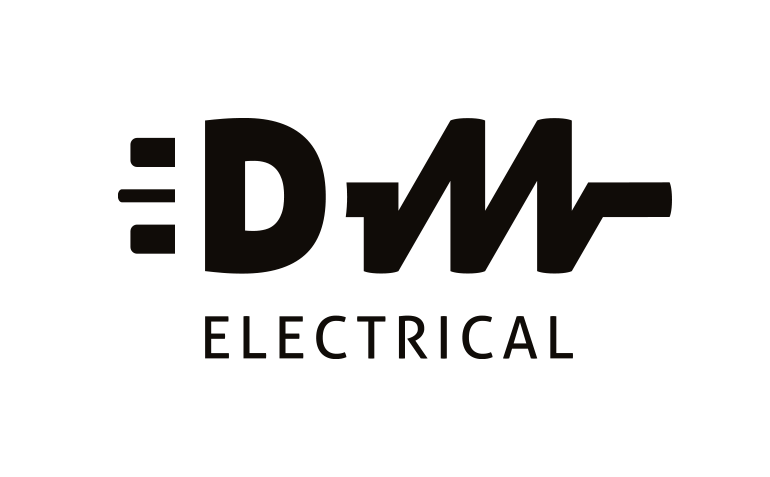Electrical Reports
Electrical Installation Condition Report (EICR)
What is an EICR?
An EICR is an Electrical Installation Condition Report. Previously named the Periodic Inspection Report, Landlord Safety Test and Homebuyers Test.
Why do I need one?
The resulting EICR certificate, once completed, shows that (electrically) a premises meets (or fails to meet) legal safety standards as set out in Part P of the building regulations and BS:7671:2018 on the date it is tested.
How much will it cost?
Starting at £175. Price will also vary on the size and complexity of the premises. Individual quotes provided on request.
When is it necessary?
Landlords - Every 0-5 years
For ALL PROPERTY TYPES - Under the ‘Landlord and Tenants Act (1985)’ must ensure that the electrical installation in a rented property is maintained safely throughout a tenancy. To ensure this, BS7671 - 2018 recommends that an EICR test at change of tenancy or at least every 5 years.
Businesses - Every 0-5 years
Whilst it is not a legal requirement to have an EICR it is the LEGAL RESPONSIBILITY of the business to provide (proof of) a safe working environment, and in light of this, BS7671 - 2018 recommends having an EICR undertaken at least every 5 years.
Homeowners - Every 0-10 years
If the property has had, or is foreseeably to have (almost impossible to confirm this), few to no alterations then it may be tested every 10 years or sooner. However if the property is likely (almost all are) to have work in the future then less than 10 years, with a timeframe based upon the condition during the EICR. For example, a property with an avid ‘amateur’ DIY owner would be recommended for testing annually, but a property with an elderly couple living on their own with few to no plans to change things may be closer to 10 years).
Note: When buying a property, the purchaser - not the seller - of the property is responsible for arranging and paying for the EICR (if one is required). However, talk to your insurers and mortgage lenders about this as they may require one. Finally, it is worth noting that any faults found before sale by an EICR can be argued against the price - but not afterwards.
What is done?
A visual inspection takes place of the overall installation. During an EICR, general testing of the following is done:
- A minimum of 25% of certain aspects are inspected in line with Amendment 3 requirements
- The consumer unit (usually incorrectly named the fuse board)
- Earthing suitability and efficacy
- The adequacy of the earthing and bonding
- Devices for protection against fire and electric shock (not fire detection systems)
- Any damage or wear and tear that might affect the safety of the property's inhabitants
- Identification of any damaged electrical fittings and accessories
- Identification of any exposed live parts that could cause a fire or injury
- Electrical testing of ‘energised’ systems where safe to do so
- Electrical testing of ‘non energised’ systems for all other available systems (electrical)
Please note:
A fault found within EICR testing may be dangerous or even life threatening. The ‘electrical testing’ above is done with an annually calibrated Multi Test Meter and then matched against safe operating parameters in accordance with BS7671 - 2018 and can find faults that a consumer unit is incapable of detecting.
Am I legally required to have an EICR?
An EICR is not something you are legally obliged to have but it is the only way you can prove that your property’s electrical systems have been maintained and are fit for purpose. This is where the confusion lies: it is not legally required, but without it you have no way to show due diligence. To be clear, an EICR is a great way for you to show that you are trying your best to meet the required standards of safety for your property. The real area where these shine is in rental properties and businesses as the owners/managers have a duty of care under law to ensure the safety of the premises for the users, visitors and tenants of the properties.
What an EICR does is very similar to an MOT.
Watch out for...
Some companies start by charging very low prices for the EICR (which seems great on a website) and then making their real profit in repairing the faults that are found. This creates a ‘weighted approach’ or ‘biased outlook’ to finding fault and insisting on its rectification as often as possible. I am opposed to all aspects of hidden profit making and scaremongering, and am happy to issue an EICR and walk away, pass or fail. I outline the 3 possible outcomes below, and it’s totally up to you which you go for… I will price for an EICR and the rest is up to you entirely.
If remedial work is necessary there are three choices (unless it is a rental property*) -
- If you wish to engage me for the work after the EICR has been done, I will do so at a rate agreed at the time. There will be no re-issue charge or callout as I’d resolve the faults there and then or at a time immediately after and price accordingly - though happy to help, I see this as a separate job entirely and will always price as such. Re-testing is included.
- You can always hire someone else
Some just want the test, which is absolutely fine! To many this is preferable because it suits their project timeline / business model etc and I’m happy to help. Feel free after the EICR to hire another party to fix any issues it raises. Re-testing is not included. - You can choose to not fix the issues.
This is also an option and the EICR will be completed with the issues registered. I have no problem with this and it can (as in the case of selling or buying a house) be something that comes with the deal. There is no pressure from my perspective for you to fix issues (but I will never sugar coat the dangers present - if it may cause death then that’s what I’ll sign off with). Be advised however that other bodies may adversely react to this being left unrectified, in some cases with severe legal repercussions - this will be between you and they in the future. My involvement begins and ends with the EICR observations and its registration. Re-testing is not included.
* The exception is an EDN (Electrical Danger Notice). If the property is part of the rental market to any degree, an EDN can be issued.
I really hope this adds some clarity. Feel free to email me if you have any questions, I’m always happy to help out.


